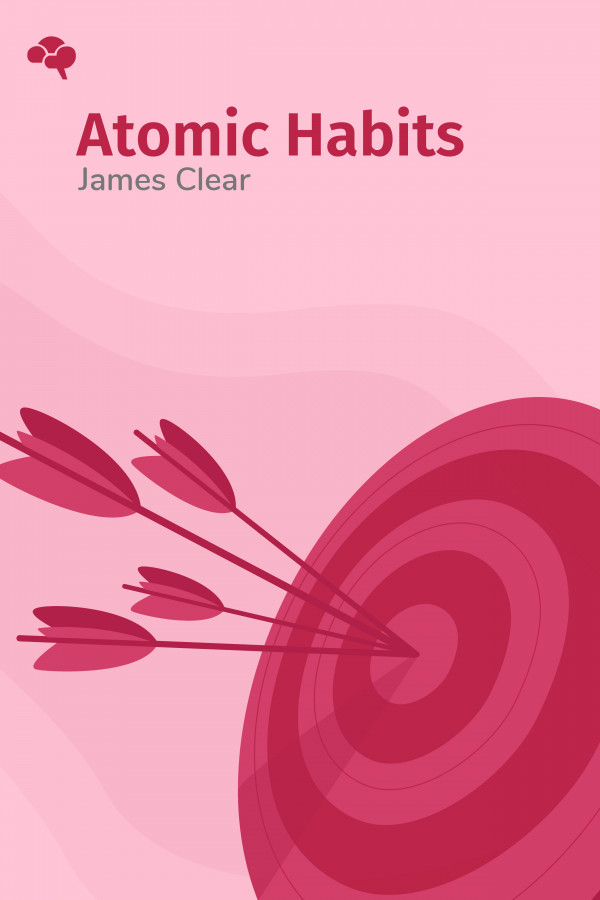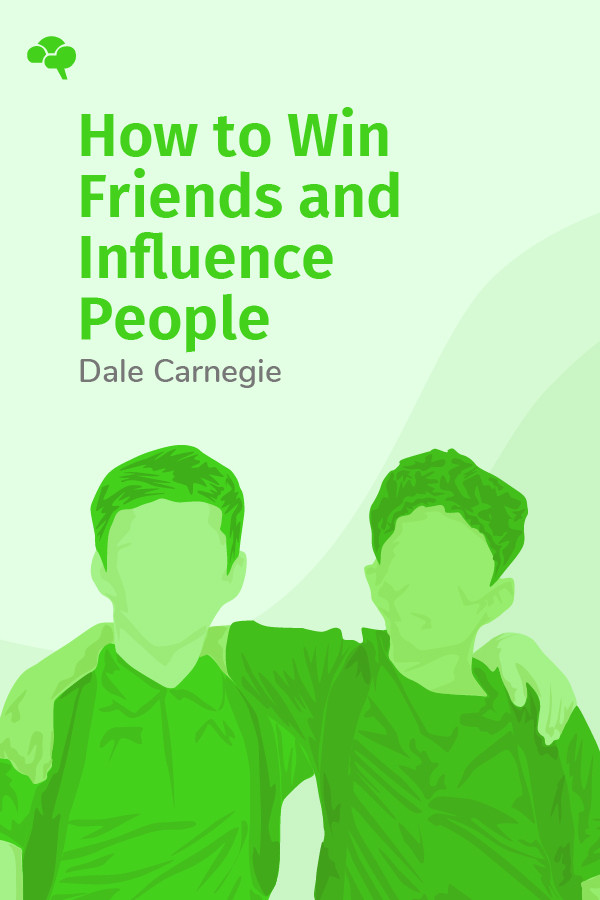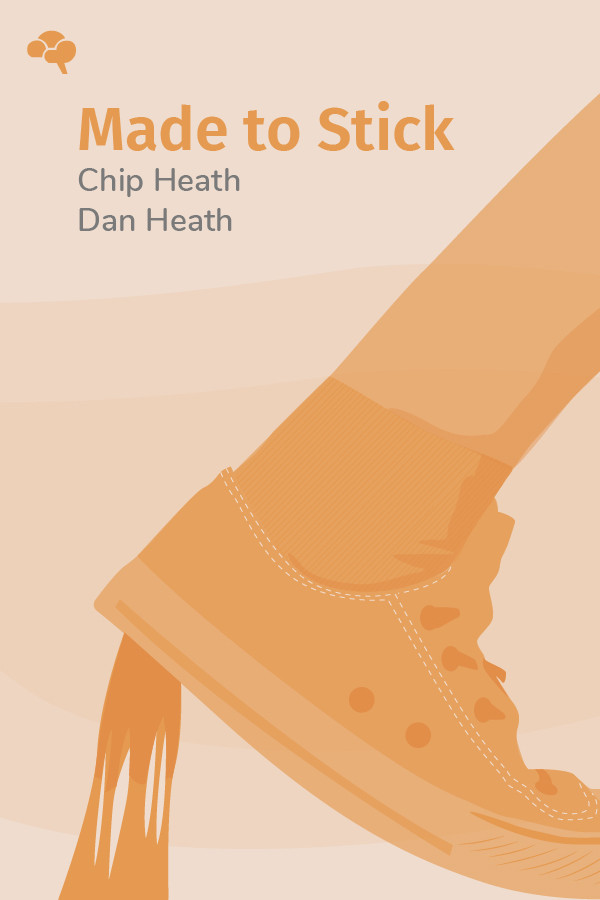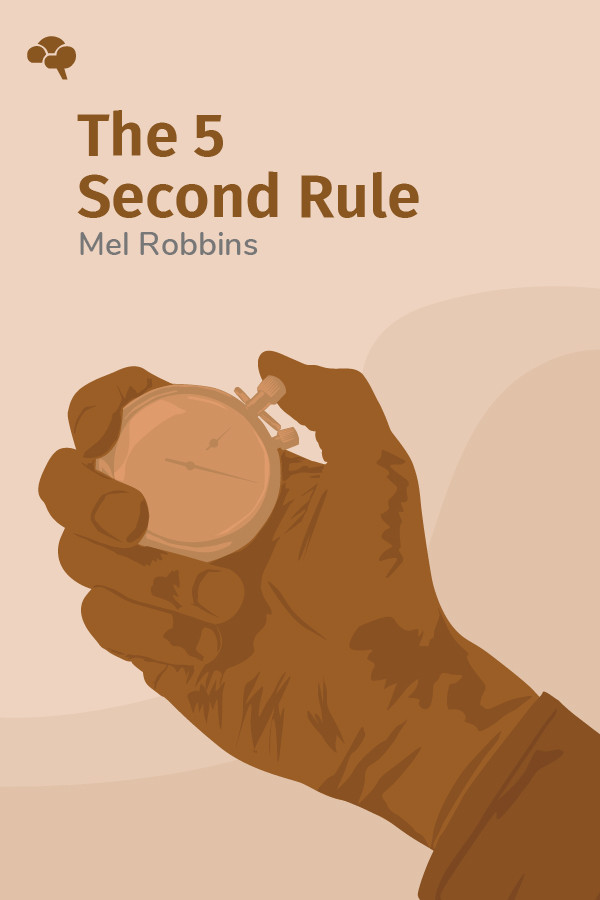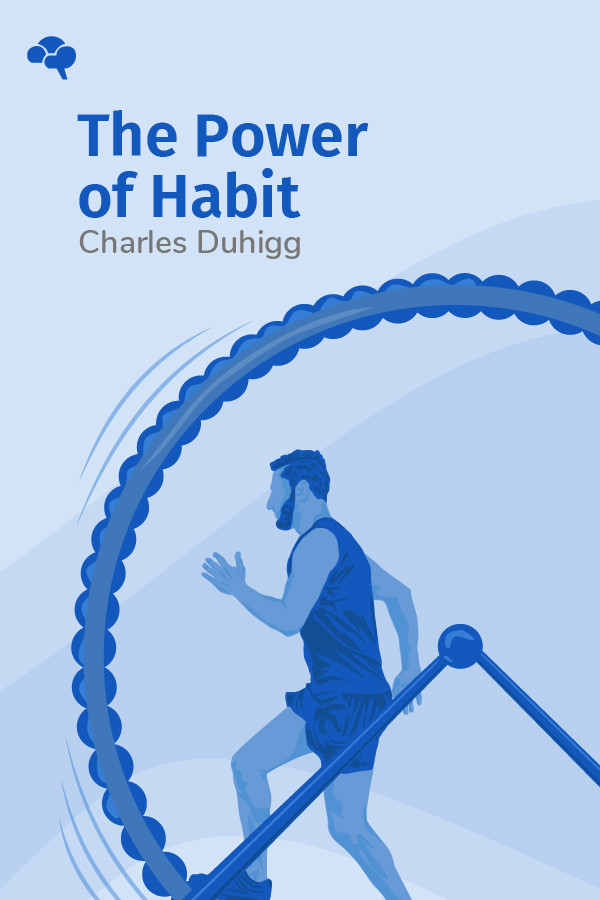
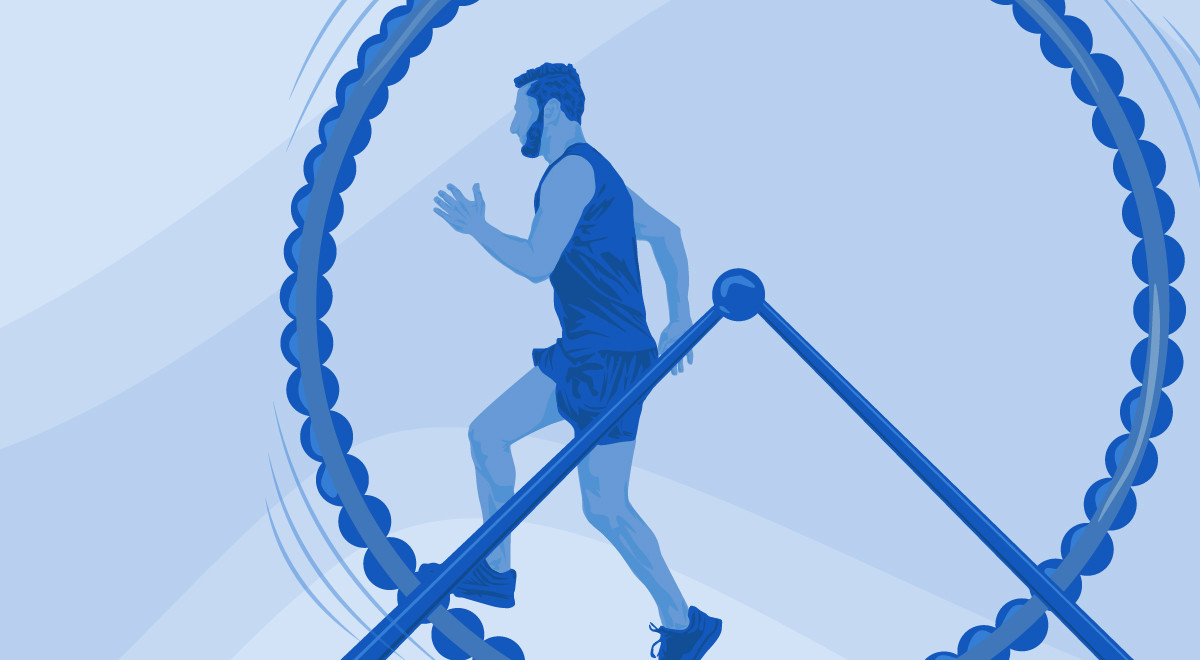
What You'll Learn:
We are creatures of habit. Our brains are routine-creating machines that establish patterns so that we can automatically complete simple, repetitive tasks without giving them much thought. This mindless automation allows us to reserve our mental energies for more important tasks; it also helps us to effectively manage the myriad decisions we face each day. But not all habitual behavior is good. Sometimes we pick up habits we’re not proud of, like overeating, procrastinating, smoking, angry outbursts, and alcoholism. The Power of Habit shows us how habits form, how they become ingrained, and how they can be changed so that you can master your habits before they master you.
Key Insights:
- Habits form subconsciously when routine behaviors are met with a reward.
- By creating or exploiting our cravings, advertisers have made the use of their products habitual.
- Habits can be altered by inserting a new routine that delivers a similar reward.
- Identifying and addressing a keystone bad habit is better than trying to fix all your bad habits at once.
- Willpower is like a muscle that can grow with use, get tired, or atrophy.
- Our brains crave familiarity, making it easy for corporations and the government to predict and shape our behavior.
- Habit change is the foundation of history’s social movements.
- We cannot be held responsible for unconscious or automatic behavior—but once we become aware of our habits, we bear responsibility for changing them.
